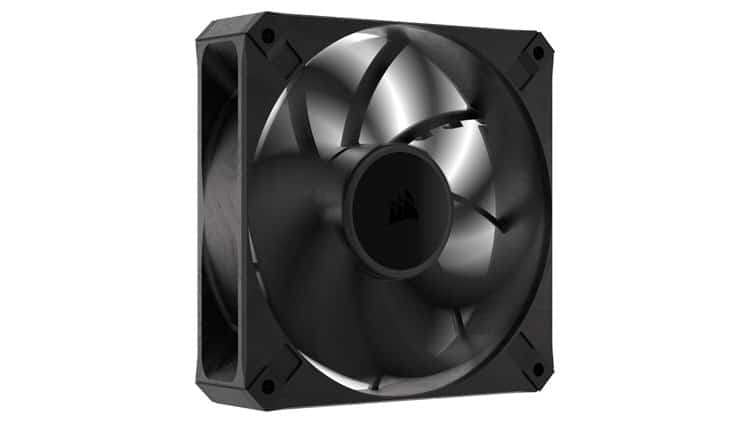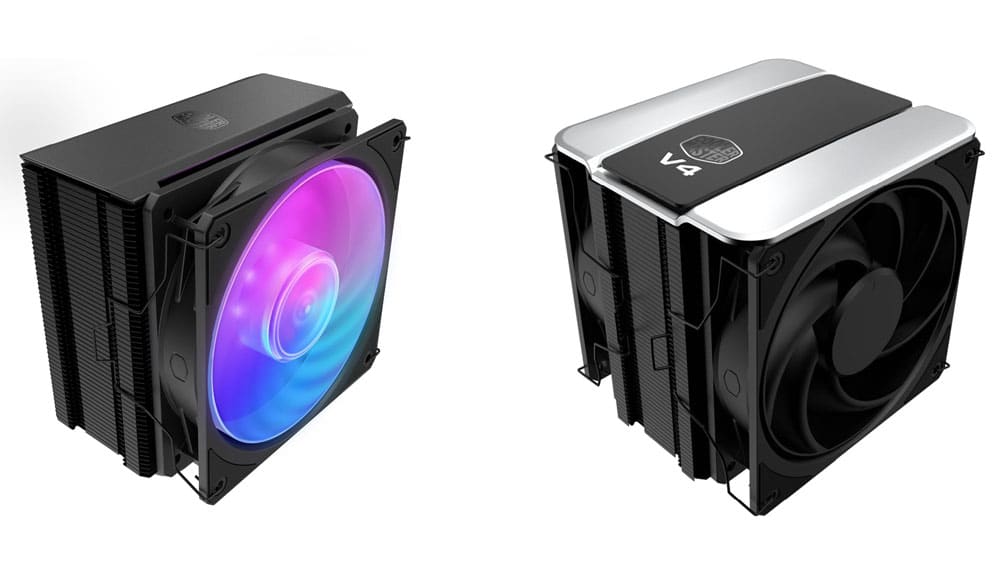Epilogue
Unlike its big brother, the RS120 MAX left an excellent impression on me since it performed very well in the normalized noise tests, especially in static pressure. The increased thickness seems to work better in the 120mm form factor. Despite the ineffective noise-suppression design and bearings, the RS120 MAX takes the lead in static pressure on all noise levels I measured while keeping a high airflow. This is not as easy as it sounds, with few fans simultaneously achieving high airflow and static pressure. Its thickness is increased to 30mm so that you will need more space in your chassis. If you install these fans on a 38mm thick radiator, you will need at least 68mm of clearance. And given the high static pressure, the most suitable use for the RS120 MAX is for cooling solutions.
The high price will be a huge let-down factor for most buyers, and the lack of a daisy-chain option is a big miss in this price category. I am not sure why Corsair didn’t include a daisy-chain option. It probably did so to avoid creating internal competition with its iCUE Link products, which are even more expensive! The fact is that users want more affordable prices and easier-to-implement solutions. Not everyone has the money to invest in iCUE Link devices.
At 25 dBA normalized noise output, a noise level that won’t annoy most users while allowing for high enough speeds for decent performance, the RS120 MAX achieves top static pressure and high airflow. Seeing a fan finally dethroning the Phanteks T30-120 is nice, which remained at the top of my charts for a long time. The T30-120 is a bit better in airflow, with the Lian Li UNI Fan TL RGB achieving first place with no notable difference. Combining airflow and static pressure results, the RS120 MAX easily scores at the top.
Below, you will find several 120mm fan reviews to get more insights about this product category.
- Arctic P12 Max Showdown – Black (DBB) vs White (FDB)
- Arctic P12 Max (Black – Double Ball Bearing) Fan Review
- Phanteks T30-120 Cooling Fan Review – ReCheck!
- XPG Nidec Vento Pro 120 PWM Fan Review
- Thermaltake TOUGHFAN 12 Pro Fan Review
- Scythe Grand Tornado 120mm Fan Review
- be quiet! Silent Wings 4 120mm High-Speed White Fan Review
- Hyte THICC FP12 120mm Fan Review – The NEW Performance King!
To check all alternative fan offerings, read my Best Cooling Fans article before investing in new cooling solutions. You help me a lot by using my affiliate links, which don’t increase the product’s price. I get a commission from Amazon every time you do it, which can make a difference for me, especially now that I am on my own, working exclusively for my media and not for someone else.
- Top performance (normalized noise tests)
- Good build quality
- High lifetime bearing
- PWM control
- 5-year warranty
- Expensive
- Not effective noise design
- Power consumption could be lower
- 30mm thickness might create compatibility issues
- No daisy chain option





